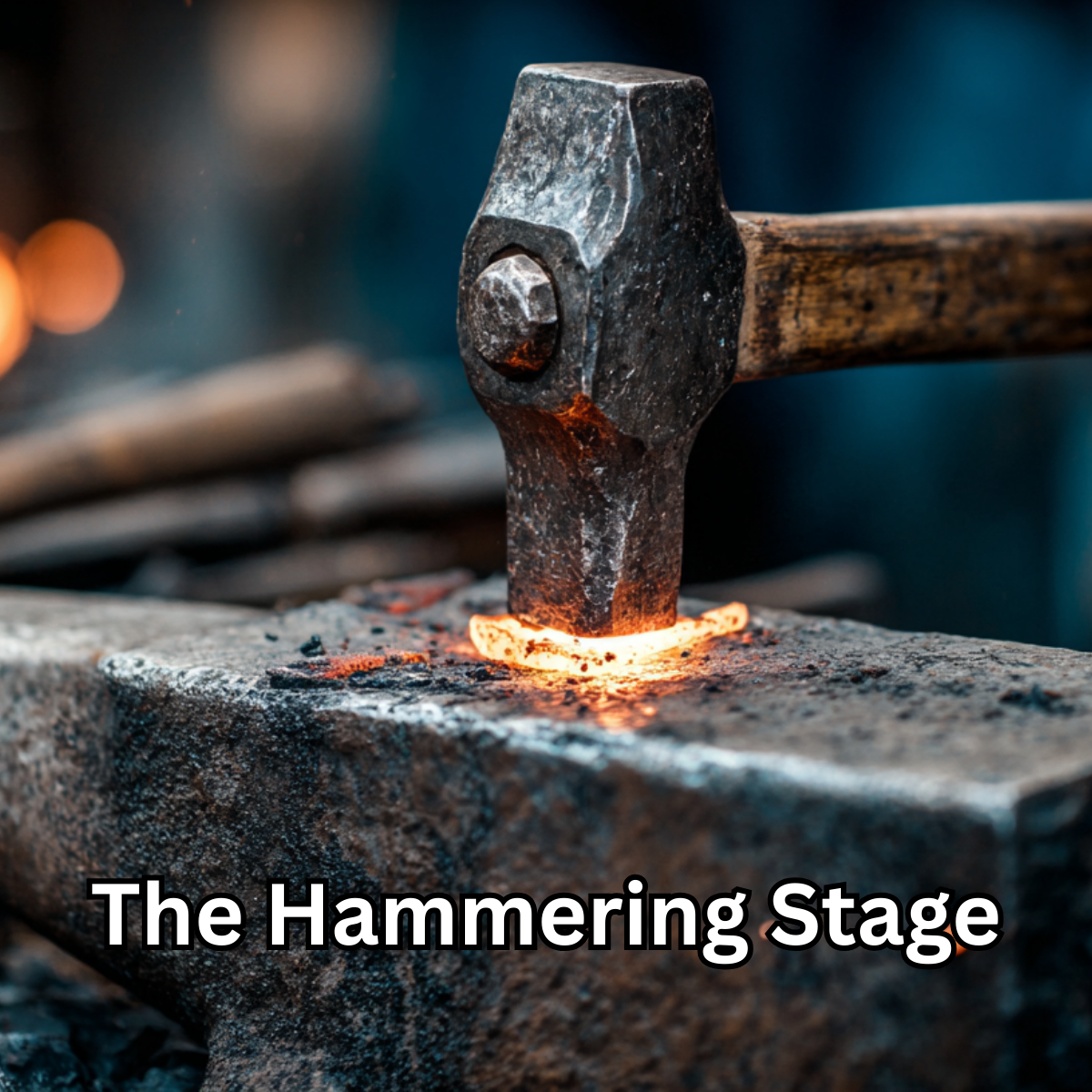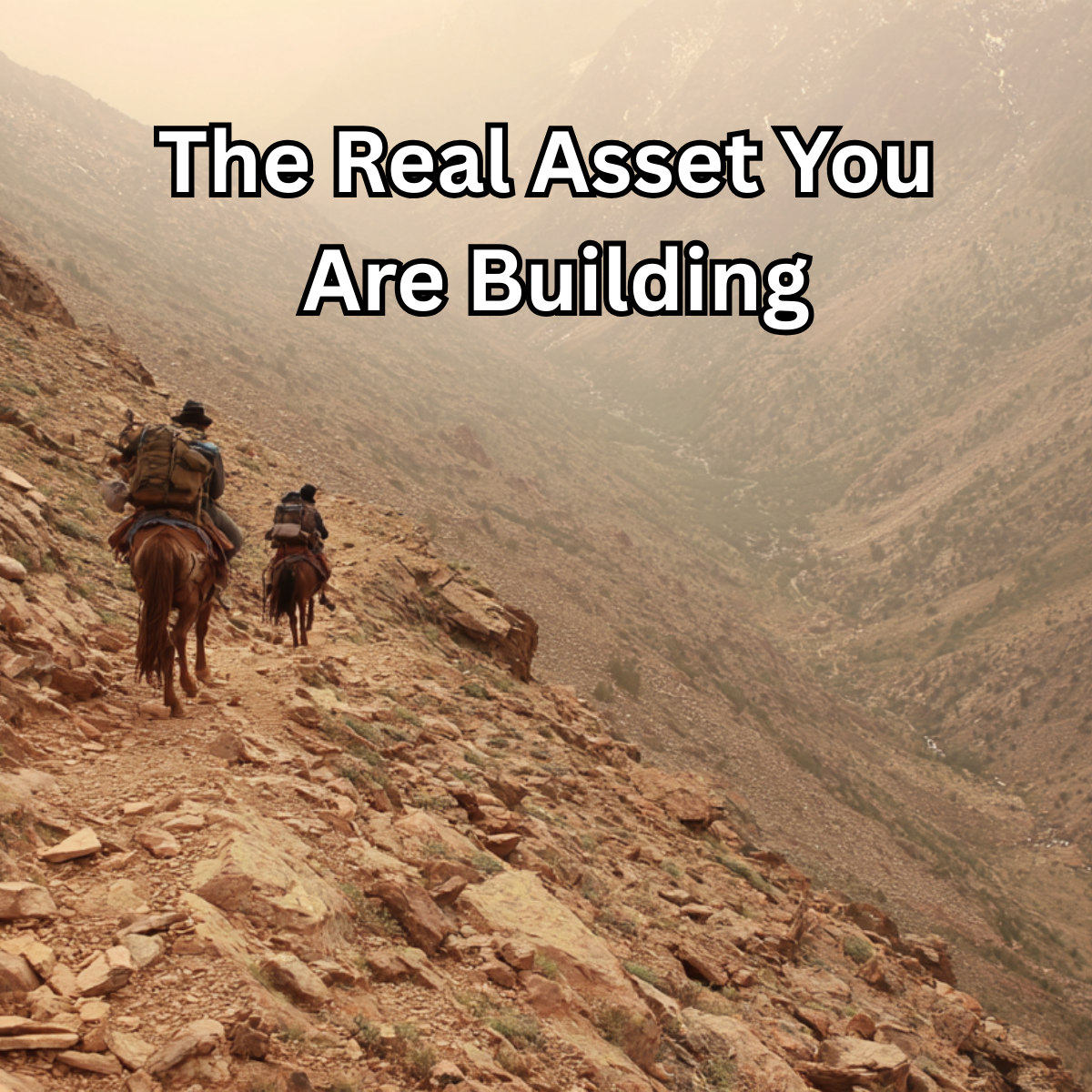Today I was contemplating why I am always reluctant to accept praise from others. I like it, as I suppose anyone does, but I do not give it much credibility. I thought that perhaps I was doing this because I was so hard on myself. Then I realized that I was always praised by adults as a child, told that I was smart, that I was creative, that I was a hard worker. I was always suspicious. In the back of my mind I sensed they were not praising me because I was actually good. They were praising me to encourage me to adopt behavior they liked. Sometimes growing up we can be fooled by this constant encouragement and begin to believe that we have an amazing and unique undiscovered talent. Reality eventually smacks you in the face. You learn that you have to work hard, put in the time, study, take on tough problems, and make many mistakes. As you grow older people still compliment you, and they also start competing with you. It puts you in a strange position. You were praised most of your life, and now some of those same voices begin to tear you down.
That thought sat with me through the morning as I laced my shoes and stepped out into the cool air. The street was quiet, the kind of quiet that lets you hear your own assumptions. I let my mind replay childhood scenes, and then I watched them fade into the present. A neighbor waved and asked about a project I am working on. I felt the familiar tension between wanting approval and wanting the truth. I walked on and tried to look at my day from a higher vantage. I pictured the morning as if I were watching it from a hill, then I widened the frame to include the last few years. That simple act of visualization gave me the distance I needed. From up there, the purpose of childhood praise came into focus. It was not an evaluation. It was a scaffold. It was encouragement designed to help a child try again when failure was fresh and courage was thin. It was never intended to be a lifetime credential.
I have written before about our cultural fixation on the event, the moment when the ribbon breaks or the spotlight finds a face. That fascination can train a child, and later an adult, to live for applause and to fake the appearance when substance is missing. Many of us were celebrated for the moment rather than the process, then grew up trying to keep up the illusion instead of earning the skill. We were told we were great when we had not yet become great. Be careful not to believe the hype. The praise people have dumped on you most of your life is encouragement, not evidence of natural born talent.
By the time I reached the park the sun had climbed past the trees, and a little league team was shuffling out of the dugout for grounders. I stood for a while and watched the routine. A ball skipped. A coach nodded. Another rep. It reminded me that most people are not marked by some rare and permanent gift. We are more alike than we like to admit. We all develop in similar ways. We grow where we apply effort over time. What looks like talent is often the echo of repetition heard years later.
On the way back I thought about the stories we tell to the contrary, the myths of discovery and destiny. Pull on the thread and the stories unravel into practice logs and early mornings. Even the performers we claim were discovered out of nowhere had been preparing for years. One famous example, so often presented as an overnight success, had put more hours into singing and dancing by sixteen than many entertainers do in a lifetime. Discovery did not make her. Preparation did. The same pattern shows up in sport. The champion we label inevitable was slow as a kid and late to start, then built speed and mastery through relentless work. When the cameras finally caught up, people called it fate, but the record reads like discipline. Coaches praised one thing consistently. Work ethic.
Back in my driveway I stood for a moment and pictured the rest of my day as if I were placing it on a storyboard. A few meetings. A writing block. Time to review something that did not go well last week. I pictured the version of me who handles each scene with patience. I pictured the setbacks without drama and the repetitions without complaint. The image steadied me. It reminded me that encouragement is still useful, but only in its proper place. In childhood, encouragement builds belief. In adulthood, encouragement fuels practice. It should never be mistaken for proof of ability. The world does not operate on the currency of flattery. It pays in results that are earned slowly.
There is a hazard here that is worth naming. If you mistake encouragement for praise, and praise for proof, you will start to expect that things will be handed to you because that is what has always happened. Entitlement grows where effort is assumed to be optional. Then the market, or the team, or the season, introduces you to a different economy. People stop cheering. They begin competing. The scaffolding falls away and you discover whether you can stand. That revelation is not cruel. It is clarifying.
I think of the young professionals I meet who are entering their first real season of competition. They are bright. They are ambitious. They were told they were exceptional. Some are. Most can be. The difference lies in what happens after the applause fades. Everything requires repetition. Everything worth owning is built through consistent and focused effort over time. That is not a condemnation of aptitude. It is a liberation from illusion. Natural differences exist, of course. But the gap between aptitude and developed skill is small compared to the canyon between those who persist and those who quit.
As evening settled, I took a final lap around the block and replayed the day. A few things went well. A few did not. I felt a quiet gratitude for the adults who once encouraged me, and an even deeper gratitude that I no longer confuse their kindness with certification. Their words were not wasted. They helped me start. Now the work is mine. I accept a compliment when it comes, then I put it in the proper drawer. It is fuel. It is not proof. I return to the repetitions, because that is where real confidence grows.
So to anyone standing at the edge of a new season, hear this with respect and with hope. Be careful not to believe the hype. The praise people have dumped on you most of your life is encouragement, not evidence of natural born talent. Use it for its purpose. Let it steady your hands for the next hard thing. Then do the work. Over time you will become practiced, and that is better than being called gifted. It is real. It lasts.




